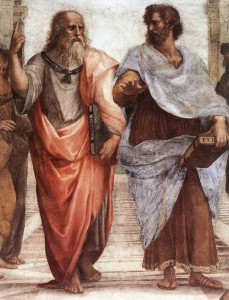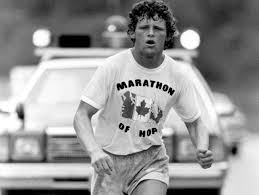 “Outstanding”. “A gentleman”. “A class act”. These are just some of the tsunami of accolades that have poured forth in recent days to describe the late Jean Béliveau.
“Outstanding”. “A gentleman”. “A class act”. These are just some of the tsunami of accolades that have poured forth in recent days to describe the late Jean Béliveau.
As we prepare for the holiday season, with its focus on the importance of giving, family and friends, there is probably nobody more representative of these cherished things than Jean Béliveau – a truly great Montrealer. His life was not simply well lived. He was a truly magnificent citizen from whom we have much to learn.
Jean Béliveau came from a large a blue-collar working class family. He often spoke about the many important lessons he learned from his parents during his early formative years – lessons about respect, the value of hard work, and sustaining long term commitment to projects that matter, all timeless qualities.
Béliveau came from a different era, There were no organized hockey leagues until Juniors. His brilliance emerged on outdoor rinks in a Quebec small town. After being called up to les Canadiens in 1953, his career with the Habs was to be nothing short of spectacular. He was a very special player – possessing a large 6’ 3” frame – strong, yet swift, agile and graceful like a much smaller player. Over twenty years as a player with the Canadiens, Béliveau went on to set the record for most points with the club that still stands today. He also captained the team for 10 years and won 10 Stanley cups. He had his named engraved on that holy grail of hockey seven more times as part of the Habs’ management team. It’s unlikely anyone will ever do that again.
Béliveau played his whole career for one team and then followed up as a paid employee and volunteer with that same team for another 40 years after his retirement. He’s part of the historic bedrock that contributes to the Montreal franchise’s strong sense of history and tradition, even in this age of media hype, athletic celebrity, and mega contracts.
However, it’s perhaps what Béliveau did off the ice during and after his playing days that defined him best. In short, he was a man of deep character. He was always the last one to leave when autograph-seekers wanted a moment of his time. He gave countless hours to hospital visits, charity causes and what are often referred to as “rubber chicken dinners” – small-scale community fundraisers held all across Quebec and Canada. Simply through his presence, millions of dollars were raised for good causes. He rarely said no.
I met him when I was in grade 7. He came to my school’s annual spring track & field day to give out the awards. I remember it well. He was upbeat, inspirational, and engaged.
I have two other notable memories of Jean Béliveau. The first relates to one of the Canada Cup Series that was played some years ago before the days that professional hockey players joined the Olympic movement. There were several games played between top hockey nations, many here in Montreal. During one match an American player “creamed” one of the Canadian star players with a dirty check. He was penalized, but the Canadian player was injured and unable to play the following game. The Canadian fan base was outraged. So when the US national anthem was played in Montreal at the next game, the sell-out crowd drowned out the “Star Spangled Banner” with an avalanche of noisy and angry boos. Prior to the final Canada-USA game, the “Hockey Canada” people had a brilliant idea. Rather than turning to a senior politician or the president of Hockey Canada, they turned to the most dignified and respected Canadian they could find, Jean Béliveau. Before the US national anthem began, they played a video from Jean Béliveau with a short lecture on respect. As the music began, the boos started to emerge from up in the rafters. With a live camera fixed on Béliveau and his image on the enormous scoreboard, he confidently raised his finger, tilted his head and the noise magically vanished. True respect.
My other notable memory was when former Prime Minister Jean Chrétien offered Jean Béliveau the position of Governor General, the highest appointed position in our nation. No greater honour could have been bestowed upon him. However, within 24 hours Béliveau rejected the opportunity, wholly in the name of his family. His son-in-law had died tragically a few years earlier and his daughter was a single mother to two young girls. Béliveau had committed to being present like a second father for those young girls. Even an offer for one of the most honoured positions in the land could not pull him away from Montreal and his family.
Thank you Monsieur Béliveau – for the values you espoused, for the example you set, for the leadership we can all learn from. – Chris Shannon, Headmaster



